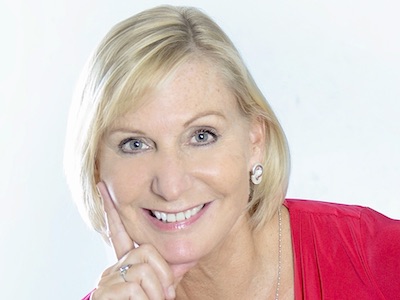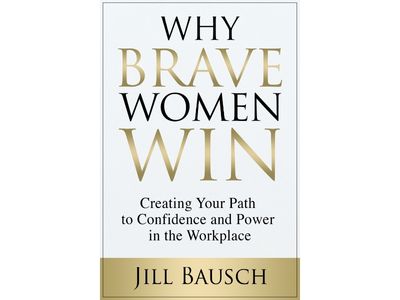Do you think you are kind, nice, weak, aggressive, assertive, brassy, feisty (a word I despise, does anyone ever call a man “feisty”?), warm, authentic, energetic, charming, compelling, or off-putting? Have you ever been told you are any of these?
I think someone has thought of me in every one of those terms at one time or another. Some of those views might have some merit but most are labels put on me by people who know too little about me to have a valid opinion.
Or have you been told, as I was by a male colleague, that you should not smile and laugh so much, or you would not be considered a “professional” executive? In today’s world, few people might not say such a thing to your face because our politically correct world would pounce on them, but many people still think this way.
It’s a baffling world and many women are justifiably confused with who they are and how they should act and be perceived, or how they could act so that they feel and appear confident and assertive, without the labels that get thrown onto our actions.
You can be assertive without being aggressive. How? Calibrate your tone, be firm, not shrill and speak in a low-toned, conversational manner. Earn a reputation for being calm but clear and concise, not harsh. Hold your head straight and watch the body language of your role models. See how many women (but very few men) tilt their head to the side when they’re hesitant about what they’re saying. You can be firm and empathetic because they are not opposites. You can be kind and warm without being weak. Most importantly, think before you speak and act. You can do this in a nanosecond if you train your mind. After years of considering how to calibrate and prepare what I say, it’s now second nature. But I practise every day.
Try to deliver information that’s beneficial, rather than detrimental, when stakes are high, and conversations have high risks but potentially high returns. Making a habit of practicing what you’ll say in various scenarios gives you power—it preserves your free will. You’ve heard people say something like, “I got so angry I just couldn’t help myself!” That’s a real problem—anybody can get so angry that common sense and self-control go out the window. When you speak in anger or because of some other stress, you are reactive, not responsive. You lose control when you act based on external stimuli. When you speak, having practiced and prepared, you are proactive and responsive. You maintain control of your emotions and, therefore, your free will.
Many people speak with think that expressing vehement anger or letting a temper show makes them appear strong. While I feel anger at many of the injustices of the world, I think we lose power when we can’t keep our own anger under control.
Some of the most powerful people in the world show feeling, speak firmly, but innately know that showing aggression with anger openly means weakness. Think of Angela Merkel, the former Chancellor of Germany, considered one of the strongest female leaders of this generation. Did you ever see her angry? No. Did you see her be firm? Yes. Michelle Obama? The same. I’m not saying you shouldn’t have strong feelings, nor that you should never get angry about situations that are unjust. But you also have choice—free will—to choose how you respond to provoking behaviours or actions, labelling by others, or other rude behaviours. You don’t have to be controlled by what others do. Control yourself, and exhibit anger with control. When you do that, you’ll hold all the power and be a luminous leader, that others want to follow.
 About the author
About the author
Jill Bausch is the former CEO of Futures Group Europe, a coach, philanthropic strategist, facilitator, social impact advisor and author of Why Brave Women Win









